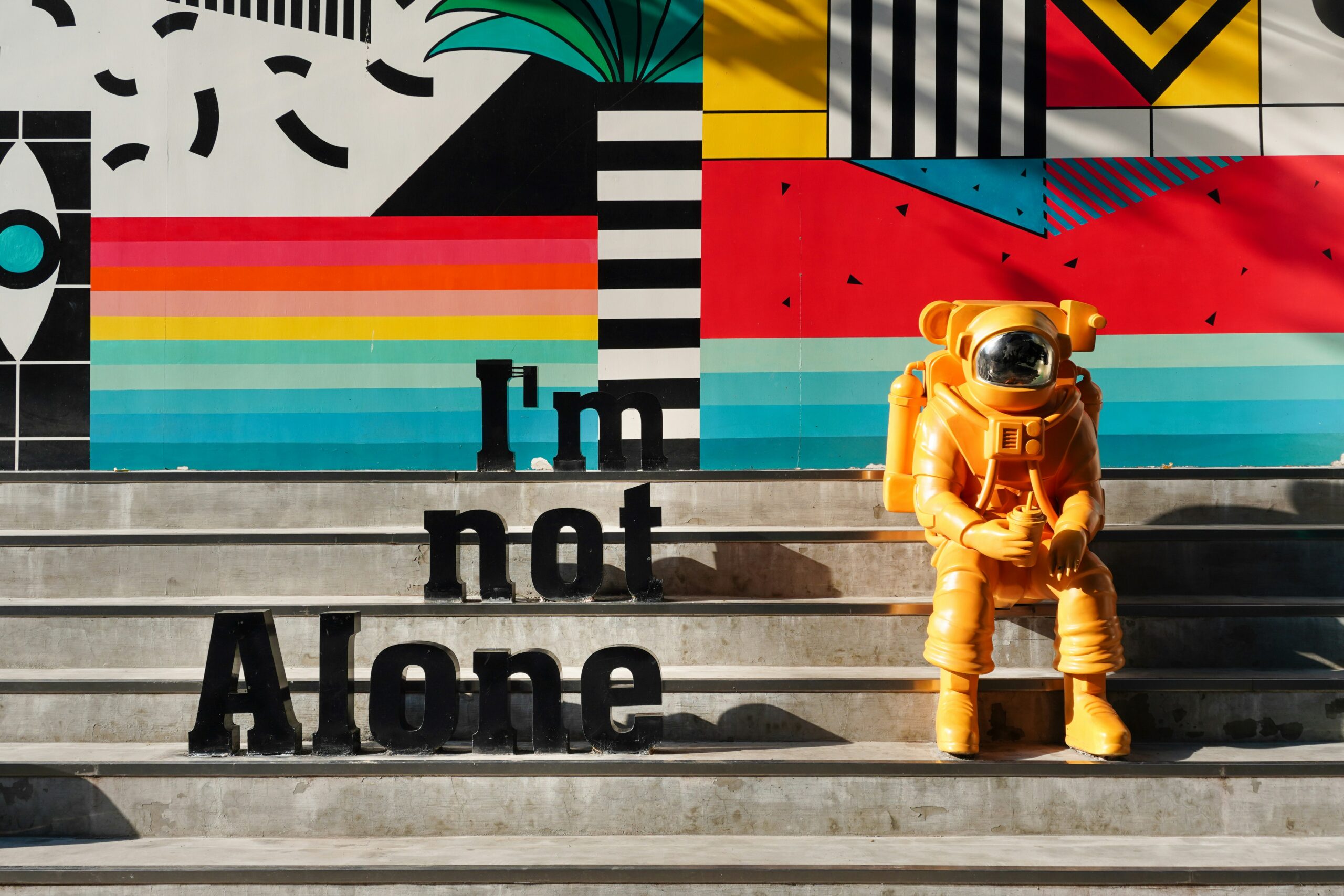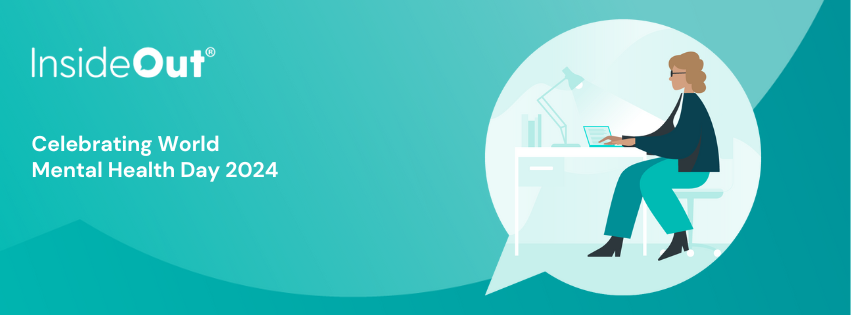As we face challenging times during this pandemic, I thought I would jot down some thoughts about the impact on mental health and some ideas about how to adjust to the newly imposed conditions in our daily lives.
Each day brings new information that affects the way we go about living our lives. We experience a level of uncertainty that we don’t normally think about on such a collective dimension. Indeed, uncertainty spreads around about how long this will last but also about the future as we hear about the struggles political, sociological, economical and biological systems are experiencing whilst trying to deal with the unprecedented strain on them. So many people and services are working relentlessly to continue to provide care and protection.
I don’t have the answers but what comes into focus for me now is how much I appreciate things that perhaps I was taking for granted only a few weeks ago like an abundance of supplies, freedom to go out, giving my loved ones a hug, working with patients face to face.
As countries around the globe are affected, restrictions have been imposed on social movements to contain the spread of the virus and to endeavour to cope with limited resources until a vaccine is found. Some people are physically and psychologically more vulnerable than others but what is hitting home for me as I continue talking with my patients, is just how hard it is for us all to live with so much uncertainty and with social distancing.
If you are someone who lives alone or are elderly, loneliness can be a driver for depression and substance misuse and, if you are someone who is used to being very active, this situation can seem interminable on day two and you may feel as though the walls are closing down on you. Whether you are practicing social distancing or are self-isolating, stock piling in supermarkets or home schooling kids, working from home or turning up at the office, you will experience change.
Although the pandemic and its consequences are outside of our control, it is important to feel in charge of what we can control.
Here are some tips on how to manage anxiety and staying relatively sane. If you suffer with an underlying mental health issue these tips can also be helpful but staying connected to professionals who usually support you and continuing to take your prescribed medication is also recommended.
- Acceptance
It is hard for everyone right now, even for the most introverted or those comfortable in their own skin. So how can you adapt your lifestyle to fit the new situation we change ourselves in? An attitude of self-compassion and empathy for others can bring the best out of everyone.
- Activity
This is mental and physical. If you can go outside to get some fresh air or open the window and sit with your head out for a few minutes it will help with motivation and calming the nerves. If you can’t go out, stretch every day to release some endorphins (feel good chemicals in the brain). If you enjoy game boards, Sudokus or learning something new online this could be a good time to roll up your sleeves and dive in there. Do something for yourself that you don’t normally have time for like listening to a podcast or exploring new music albums or trying out a recipe. You choose what makes you tick!
- In the NOW
You can be in charge of what you focus on each hour of each day. Paying attention to one thing at a time and focusing on what you wish to grow is just as important as taking medicine for an ache because the automatic tendency will be to follow the news about the virus many times a day, read about the virus and to talk to people about the virus! This can increase anxiety, a tunnel vision and a sense of nothing else. We are not perfect so don’t beat yourself up if you find that your brain keeps reverting to fearful scenarios. It is a natural, protective survival mechanism but not very helpful when it is too active. This is a training of the mind, a practice and using a meditation app to cultivate mindfulness can be very supportive as it will help you to create some space which will decrease reactivity.
- Structure
Give your day a shape, time for work, leisure, learning, connecting…you can make up your categories. This will help you feel balanced and organised. As uncertainty is a huge driver for anxiety, having a schedule can be a way of continuing with a sense of normality under very unusual circumstances whilst taking public health precautions.
- Contact
Staying connected to others is a fundamental necessity to staying sane, partly because we get to hear perspectives other than our own and because we are social beings that live well when we feel kept in mind by caring others. Even if you could be feeling as if it’s all a bit meaningless or frustrating right now because things are on hold, calling people you care about or colleagues or even joining a virtual group can help. It is also important if you do live with someone to spend some time in separate spaces if possible to avoid cabin fever.
Finally, I leave you with loving kindness phrases that can become a meditation mantra if you focus on repeating them and let them sink in…
May we be happy
May we be healthy
May we be at peace
Author: Diane Metta, Psychotherapist at InsideOut
Insta: @lettheinsideout






